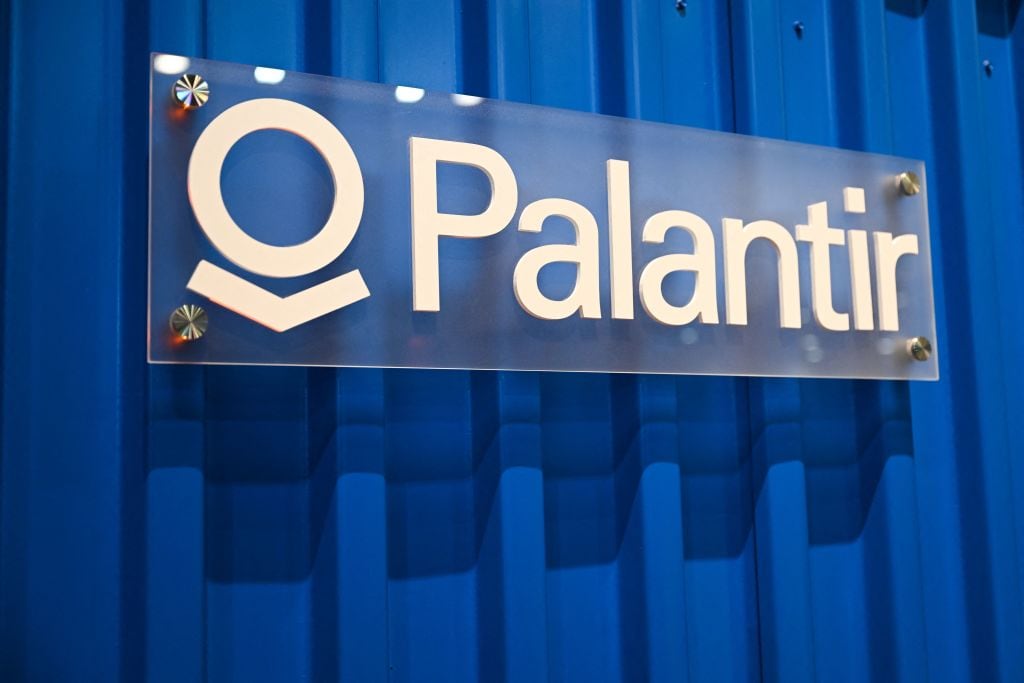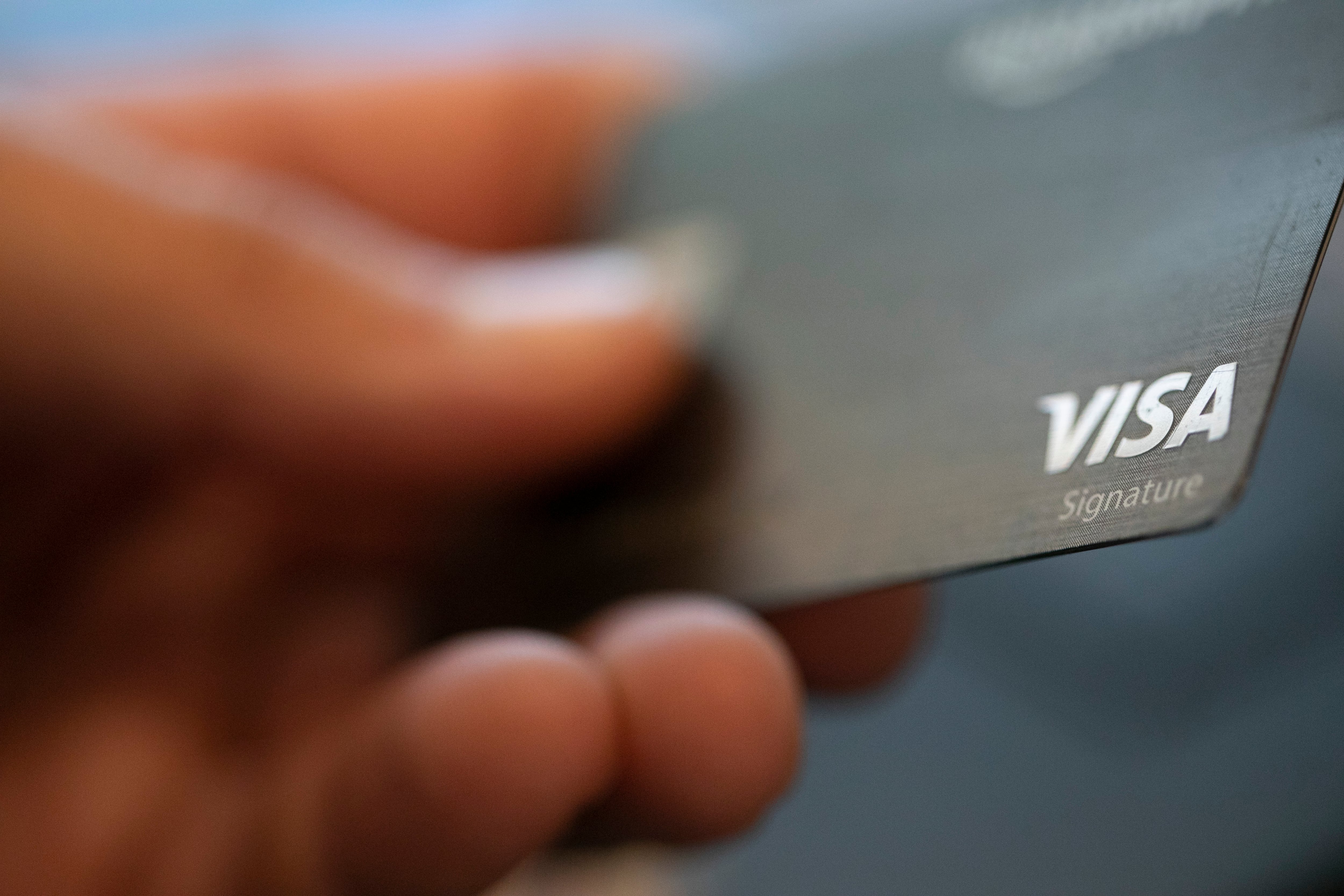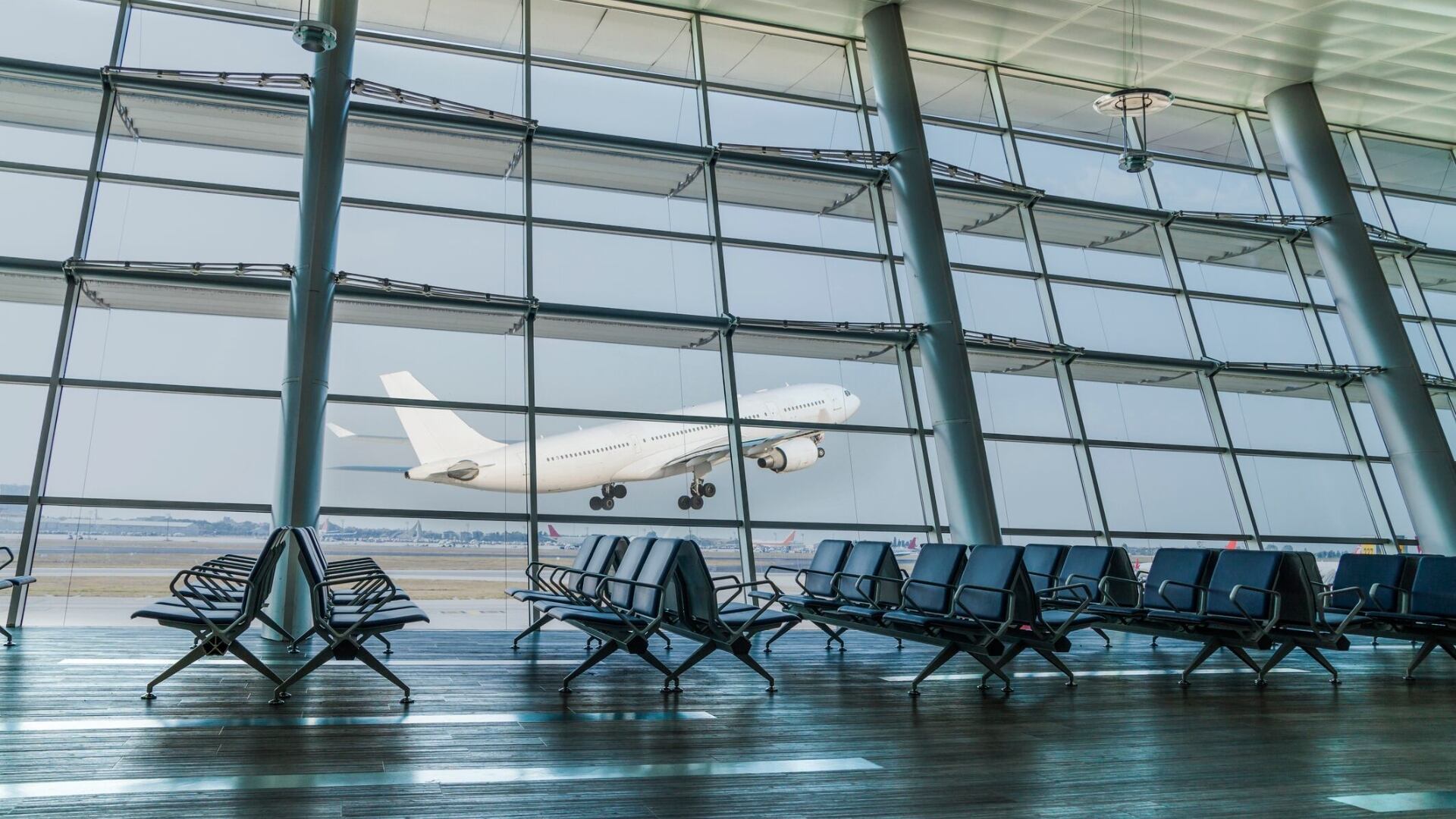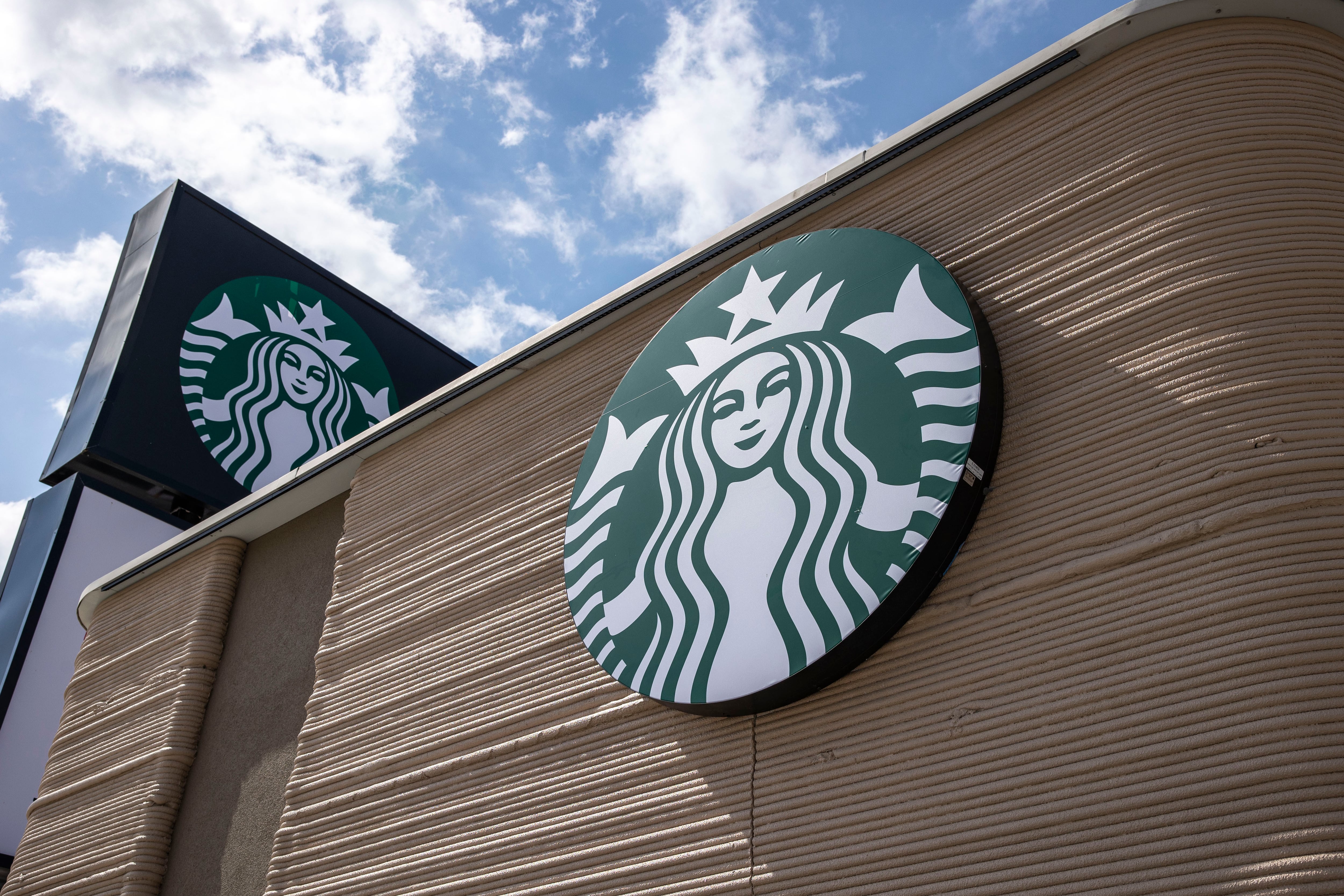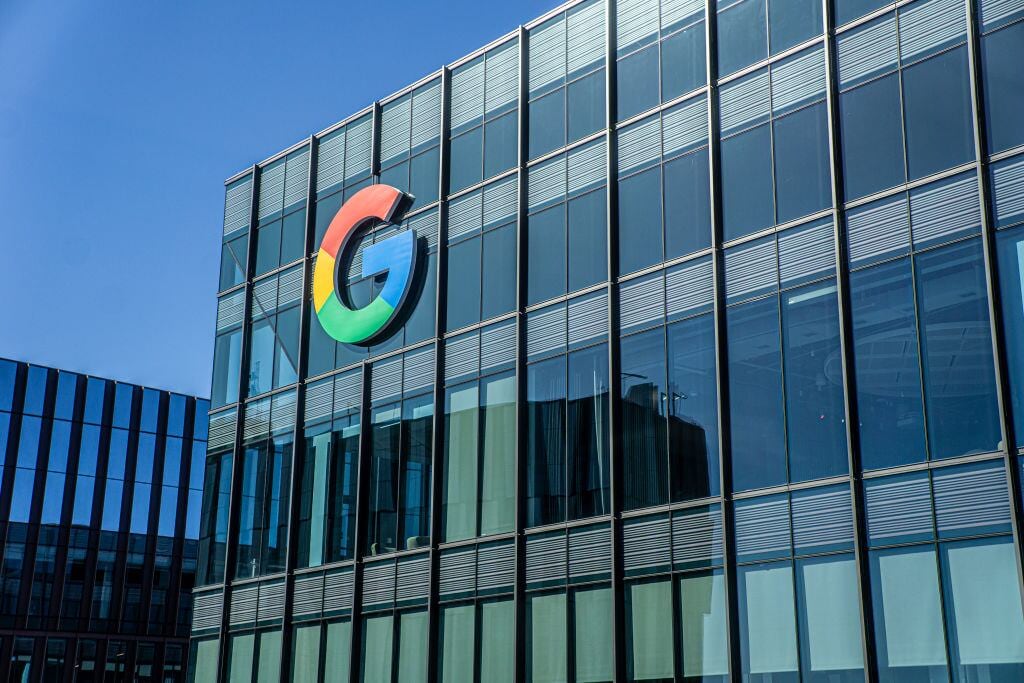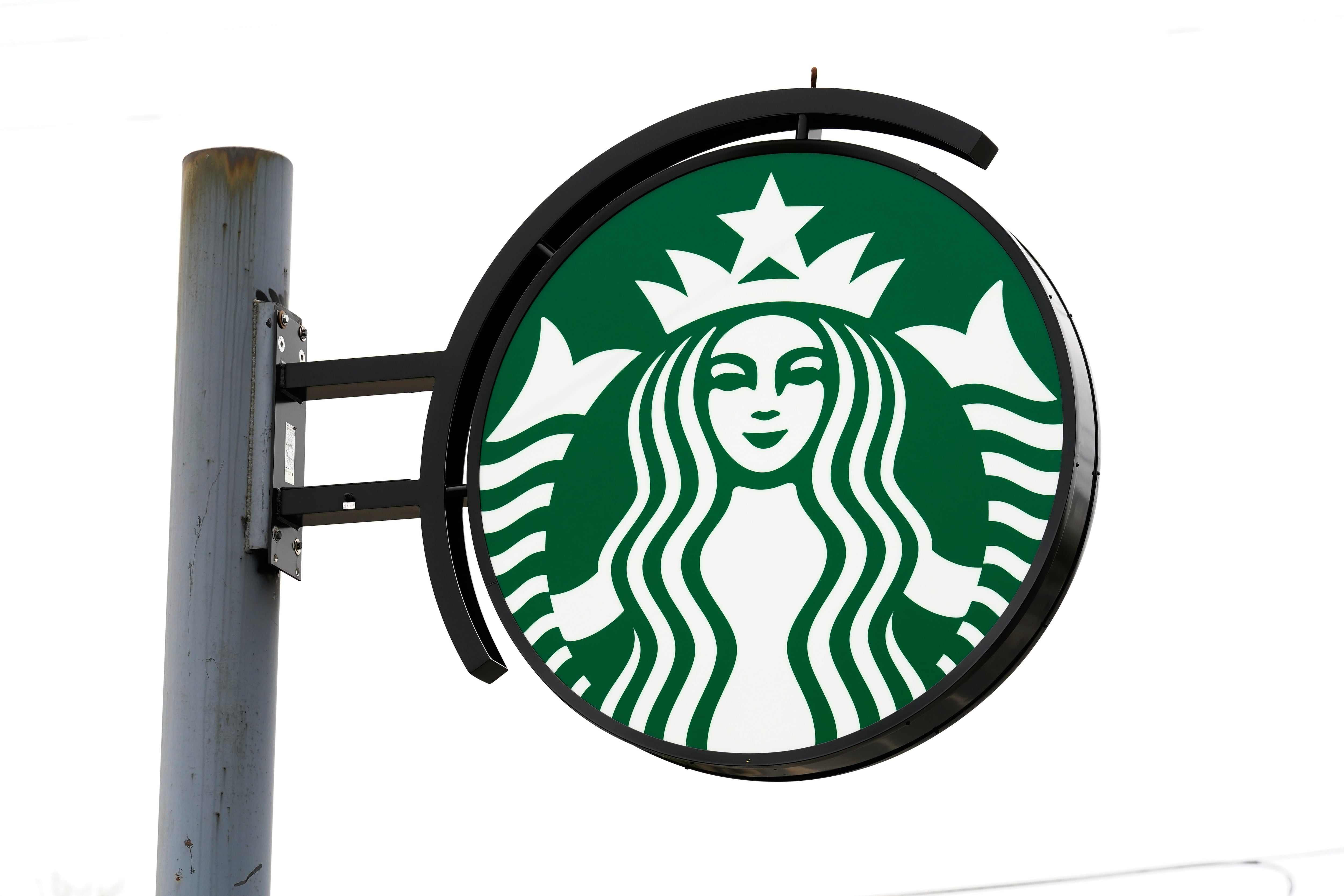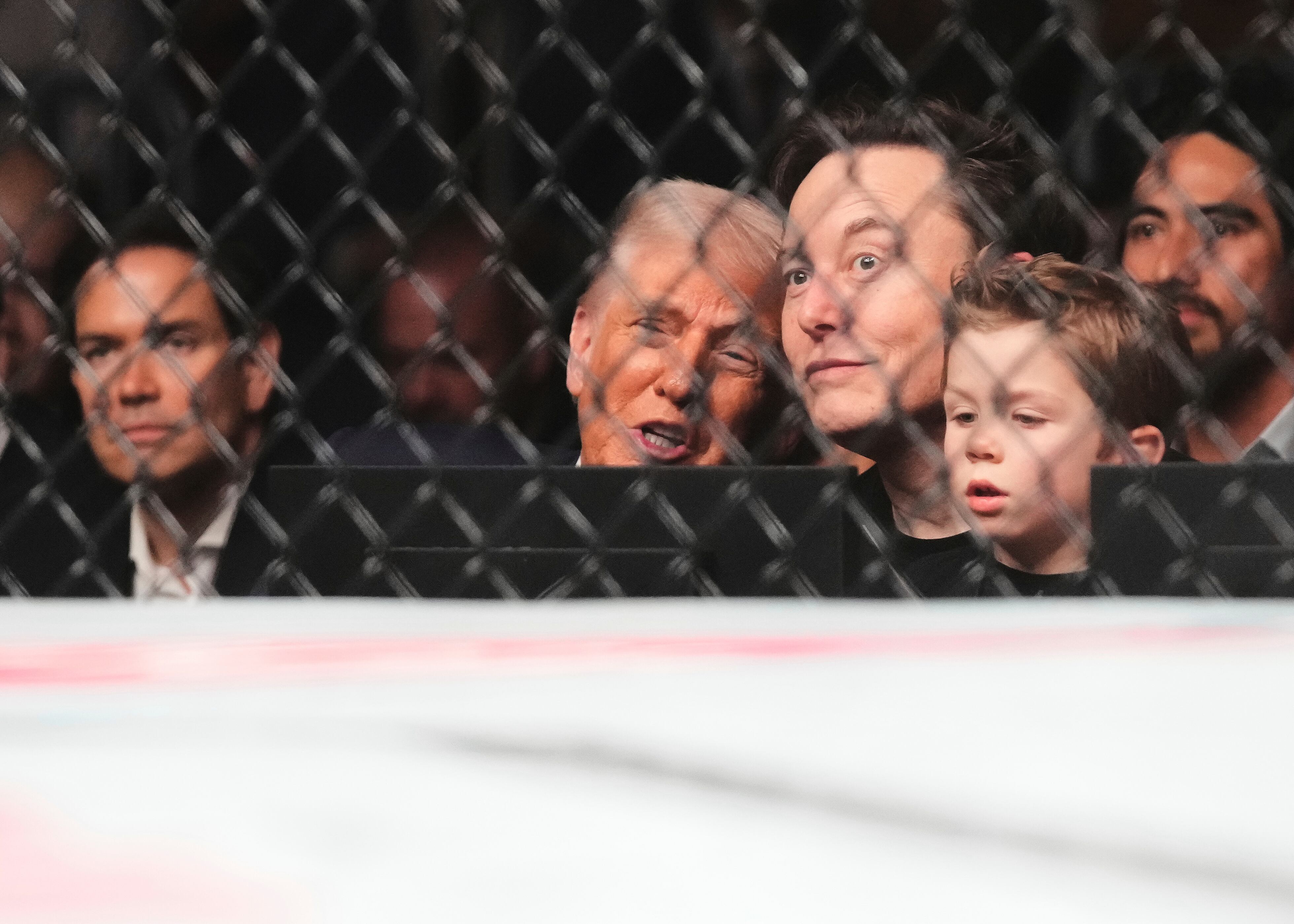The coronavirus pandemic forced many Americans to cancel their spring travel plans, but according to a new poll from YouGov 13 percent of Americans will be ready to hit the road even before lockdown restrictions are lifted.
Gloria Guevara, World Travel and Tourism Council CEO and president, told Cheddar on Tuesday that travel-related businesses are very eager for people to start taking trips again, however, opening the industry will need to be done in a coordinated way. She said the public and private sectors will need to have a good understanding of when and how businesses will reopen and customers will need to be assured that travel is okay.
Decisions by lawmakers will be at the heart of the recovery, said Guevara.
"Everything is going to be depending on the actions and the decisions made by governments" now and next summer, she noted.
The pandemic isn't the first roadblock the travel industry has faced in recent years. After the 9/11 terrorist attacks, Guevara said that leaders were not working together, which ultimately made the recovery longer and created uncertainty.
"[After] 9/11 we didn't have a coordinated approach. Every government implemented their own measures. It was not in coordination with the private sector," said Guevara. She noted that even in 2020, different countries still have their own safety protocols.
The World Travel and Tourism Council is working with more than 150 governments around the world, perhaps most importantly with the G-20, Guevara said, to create a list of protocols for businesses to follow to allow travelers to feel safe and to ensure that there is no confusion.
"These protocols are defined by the industry. Today, for instance, we are releasing the hospitality protocols and outdoor shopping [protocols], based on the experience we already have. In a couple of weeks we are working with the airlines," she said. "So, the next time you fly, if they tell you that you need to wear a mask, it's on all the flights."

